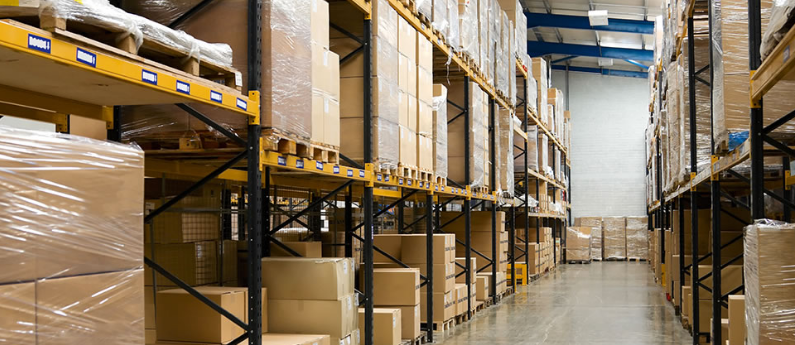7 Benefits Of Warehousing Logistics To Business

Most people have a perception that a warehouse is a common storage facility for manufactured goods. On the contrary, it plays a key role in the production process, thereof, having several economic benefits.
Warehousing logistics, from the lowest to the pitch of every business management, carries the real weight. A broker would understand, it is not far-fetched that production is incomplete until and unless goods and services reach the final consumers.
On a broader perspective, warehousing logistics goes hand in gloves with supply chain and while the latter represents the movement of resources from suppliers to producers, to wholesalers, to retailers, to the final consumers, the former represents distribution itself. In this context, some of the economic benefits of warehousing logistics are given thus:
Central storage for goods: goods are shipped directly to the warehouse which is a form of central location from where they are accessible to other agents in the supply chain. Orders get filled, goods get stored and finally distributed to the other agents in the supply chain who in turn make it accessible to the final consumers, thus warehouse logistics paves the way for a systematic arrangement to get to get goods from manufacturers to final consumers.
Warehousing logistics offers safe and secure storage facility for goods: when orders get filled, during ship arrival, the warehouse designated expert takes charge of all necessary activities of sorting, storing, record taking, creating an enabling environment for storage so as to ensure security and safety, and dispatching the goods to the respective locations.
Wastage is prevented: market forces, sometimes, under deregulations can influence the market in manner demand for goods, like a bolt in a bloom, drops pretty fast. A warehouse provides storage for the excess of supply of goods.
Goods get stored until needed: warehouse facility paves the way for goods to be stored until they are needed.
It ensures circulation of goods for all seasons: for seasonal goods, warehouse offers storage to make it available at all seasons round. For instance, under warmth and abundant sunlight, sweet potatoes grow pretty well than winter. It is grown in excess during summer and stored against winter. In short terms, provision is made for the rainy days.
It is economically significant to profit maximization: the cost of shipping individual products from its respective sources to the customers is usually very. Goods from different sources are warehoused and shipped at once, hence, eliminating the high cost of individual shipping. This is economically significant to increasing marginal profit to both business owners and customers. Adding to that, some warehouses offers branding, sorting, packaging, processing, grading, and blending. The cost of getting third party companies to provide the services listed above is eliminated.
Ultimately, the last but not the least: warehousing paves the way for business owners concentrate energy on essential business activities.
Different types of warehouses- public, private and bonded exist. Irrespective of the choice depending on the business type, warehousing logistics is beneficial to increasing productivity for profit maximization at the lowest possible cost.
